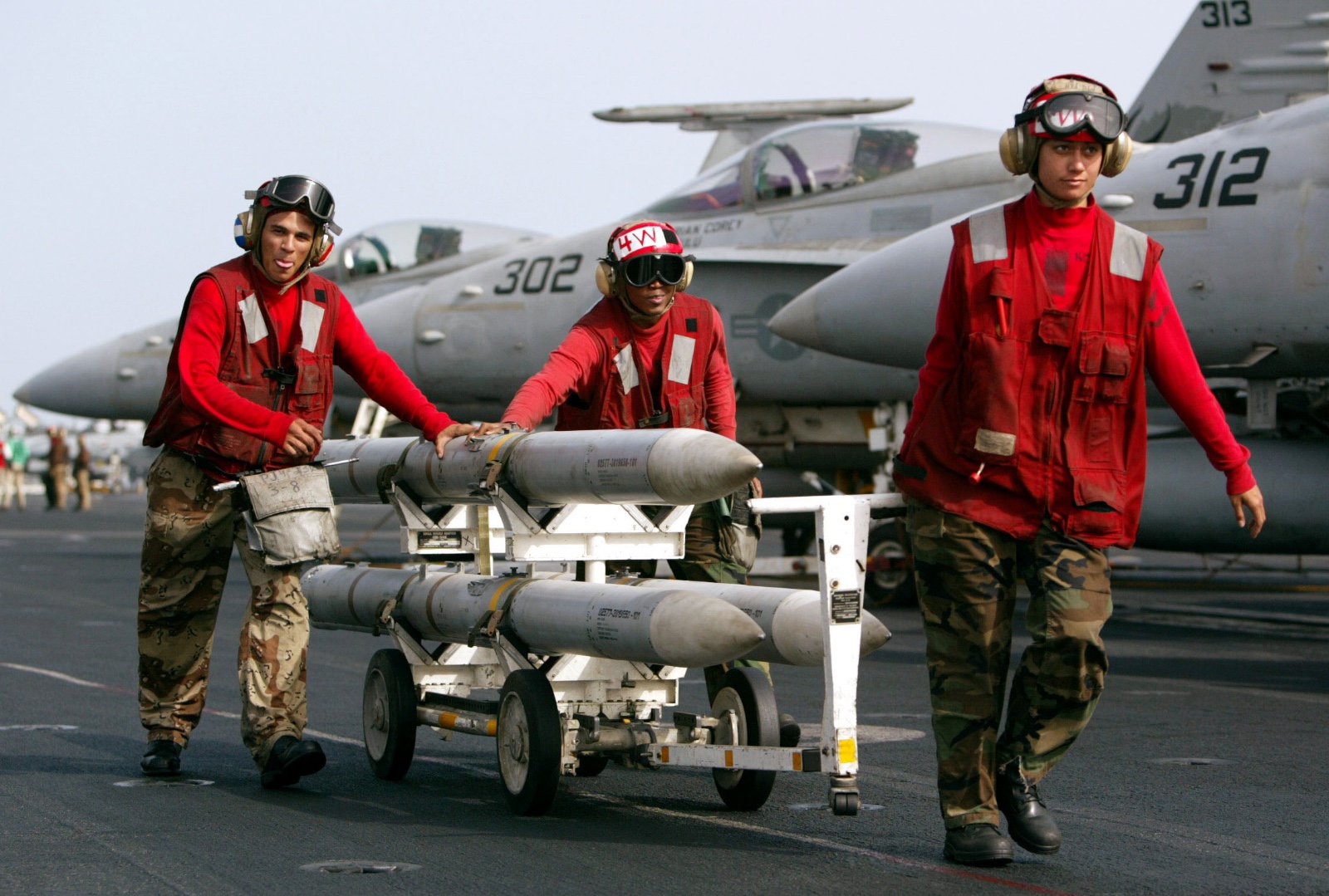ISLAMABAD: In a development that underscores a renewed strategic alignment, the US has approved the sale of state-of-the-art air-to-air missiles to Pakistan, marking a notable revival in defense cooperation between the two nations after years of fluctuating relations.
According to official documents released by Washington, Pakistan is expected to receive the AIM-120D-3 Advanced Medium-Range Air-to-Air Missiles (AMRAAMs), the newest and most capable variant in the AMRAAM family, by 2030.
The deal forms part of a larger contract awarded to Raytheon Company, covering missile production for several allied nations, including Pakistan, Türkiye, the United Kingdom, and Japan, and is valued at approximately $2.5 billion.
The AIM-120D-3 represents a significant leap in aerial combat technology, boasting an extended range, enhanced target discrimination, and superior electronic countermeasures. The missile enables beyond-visual-range (BVR) engagements, allowing air forces to intercept enemy aircraft and incoming missiles with unprecedented precision.
The capability is expected to significantly bolster Pakistan’s deterrence and operational reach.
The US Department of War, formerly the Department of Defense, confirmed the agreement in its September 30, 2025, contracts release, stating that the project will be completed at Raytheon’s Tucson, Arizona, facility by May 2030.
The deal comes amid a noticeable warming of ties between Islamabad and Washington.
Pakistan’s Army Chief Field Marshal Asim Munir has held multiple meetings with US President Donald Trump and senior defense officials over the past year, focusing on counterterrorism cooperation and regional stability.
Speaking to Bloomberg, Lt. Gen. Ahmed Sharif Chaudhry, Director General of the Inter-Services Public Relations (ISPR), emphasized that Pakistan’s defense modernization aims to achieve “technological efficiency and operational effectiveness” rather than rivalry.
“Our strategy has always been to combine effective foreign platforms with indigenous innovation,” he said, adding that Pakistan remains open to “technology partnerships with both Eastern and Western nations.”
Defense observers suggest that the missile acquisition could reshape South Asia’s aerial balance, giving Pakistan a critical edge in long-range engagements. However, it may also invite scrutiny from regional rivals, particularly India, which has pursued its own modernization efforts with US and French defense suppliers.
With delivery slated by 2030, the missile program marks not only a significant technological upgrade for the Pakistan Air Force but also a symbolic reboot of a complex, yet enduring, military partnership.

.jpg)




